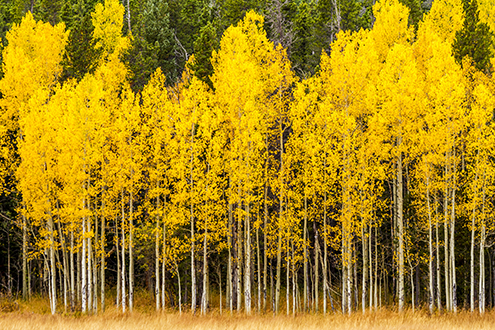 /wp-content/uploads/2021/10/fall_solar_sale-495x330-1.png
330
495
Chris Allis
/wp-content/uploads/2021/06/ecomark-solar-logo-with-panel.png
Chris Allis2021-10-27 13:26:042021-11-22 13:33:46Eight Reasons Fall is the Best Time to Order Solar
/wp-content/uploads/2021/10/fall_solar_sale-495x330-1.png
330
495
Chris Allis
/wp-content/uploads/2021/06/ecomark-solar-logo-with-panel.png
Chris Allis2021-10-27 13:26:042021-11-22 13:33:46Eight Reasons Fall is the Best Time to Order SolarThe truth is shorter winter days can affect your solar energy production, read below to find out more:
One of the questions people often ask is “how is my solar energy production effected in winter?” The answer is “it depends,” but the differences between winter and summer solar energy production are not as great as you think they might be. Read through this guide and learn how solar panels operate differently during the winter months, and how you can make them work better.
How Do Solar Panels Work?
Solar energy works quite simply for the most part: photons from sunlight hit solar panels, creating electricity that then travels to the inverter to be converted into AC current. The amount of power that solar panels draw depends on the amount of sunlight hitting the solar panels and the efficiency of those solar panels.
How Do the Changing Seasons Affect Electricity Production?
Generally, the less light that hits the solar panels, the less electricity is produced. As the days get shorter, the sunlight angle changes, and fewer photons hit the panels, resulting in less electricity. However, this reduction may not be as much as you think: it’s generally around 2 to 15 percent. Naturally, this changes depending on where you live, but for Colorado, this holds true for most of the state, which helped Colorado to rank in the top 10 states for solar energy capacity per capita. Even with the small decline in solar energy production during the winter months, Colorado solar power incentives provide plenty of reason to consider installing solar panels for your home. Oddly enough, home solar panels become more efficient in cooler temperatures, which slightly offsets the reduction in light.
How Do I Maximize Solar Production During Darker Months?
What really makes a difference is whether there’s anything blocking your home solar panels, and in Colorado, suspect number one is snow. A thin layer of snow can reduce energy production significantly, so it pays dividends in energy production to keep your panels clear of snow as much as you are able. Additionally, you should watch out for dirt and other debris that may accumulate in, on or around your panels. For example, trees can have overhanging branches that prevent sunlight from getting to your solar panels, and falling leaves may obscure your panels as well as clog your gutters. If you do this sort of maintenance work in the milder months of fall, you will ensure that your home solar system is well maintained, clean and ready for the snowy season ahead.
These simple measures can make a huge difference to the amount of electricity your home solar system produces over the fall and winter months. Contact us today to see how your home can benefit from solar panel, even during the festive season.
 /wp-content/uploads/2021/10/fall_solar_sale-495x330-1.png
330
495
Chris Allis
/wp-content/uploads/2021/06/ecomark-solar-logo-with-panel.png
Chris Allis2021-10-27 13:26:042021-11-22 13:33:46Eight Reasons Fall is the Best Time to Order Solar
/wp-content/uploads/2021/10/fall_solar_sale-495x330-1.png
330
495
Chris Allis
/wp-content/uploads/2021/06/ecomark-solar-logo-with-panel.png
Chris Allis2021-10-27 13:26:042021-11-22 13:33:46Eight Reasons Fall is the Best Time to Order Solar
How to Get 10x Value from Your Solar Panel System with Storage
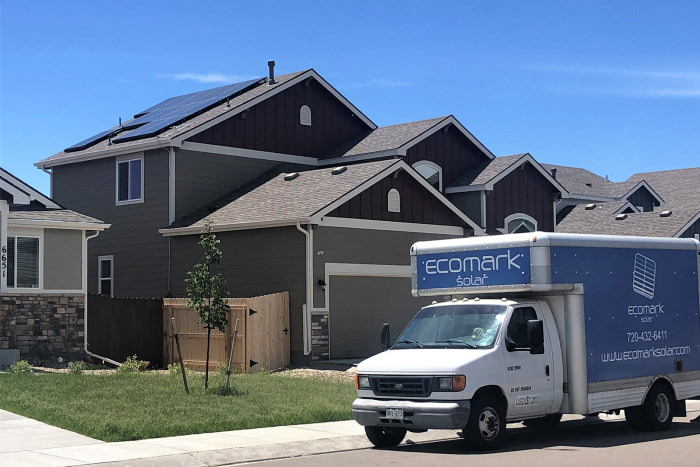
Make Power Outages a Thing of the Past For The Future of Your Home
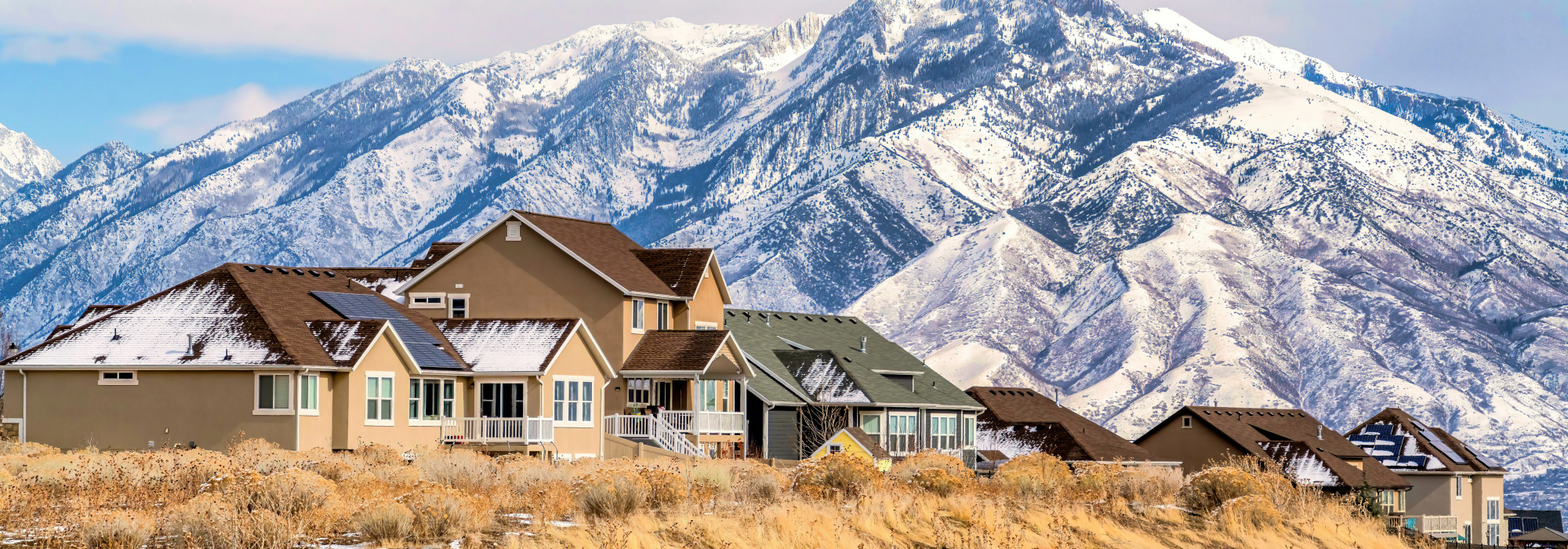 /wp-content/uploads/2021/06/colorado-solar-panels-in-the-rockies.jpg
700
2000
Max Cowles
/wp-content/uploads/2021/06/ecomark-solar-logo-with-panel.png
Max Cowles2021-07-16 17:15:352021-07-20 12:33:024 Things They Don’t Want You to Know About Solar Energy
/wp-content/uploads/2021/06/colorado-solar-panels-in-the-rockies.jpg
700
2000
Max Cowles
/wp-content/uploads/2021/06/ecomark-solar-logo-with-panel.png
Max Cowles2021-07-16 17:15:352021-07-20 12:33:024 Things They Don’t Want You to Know About Solar Energy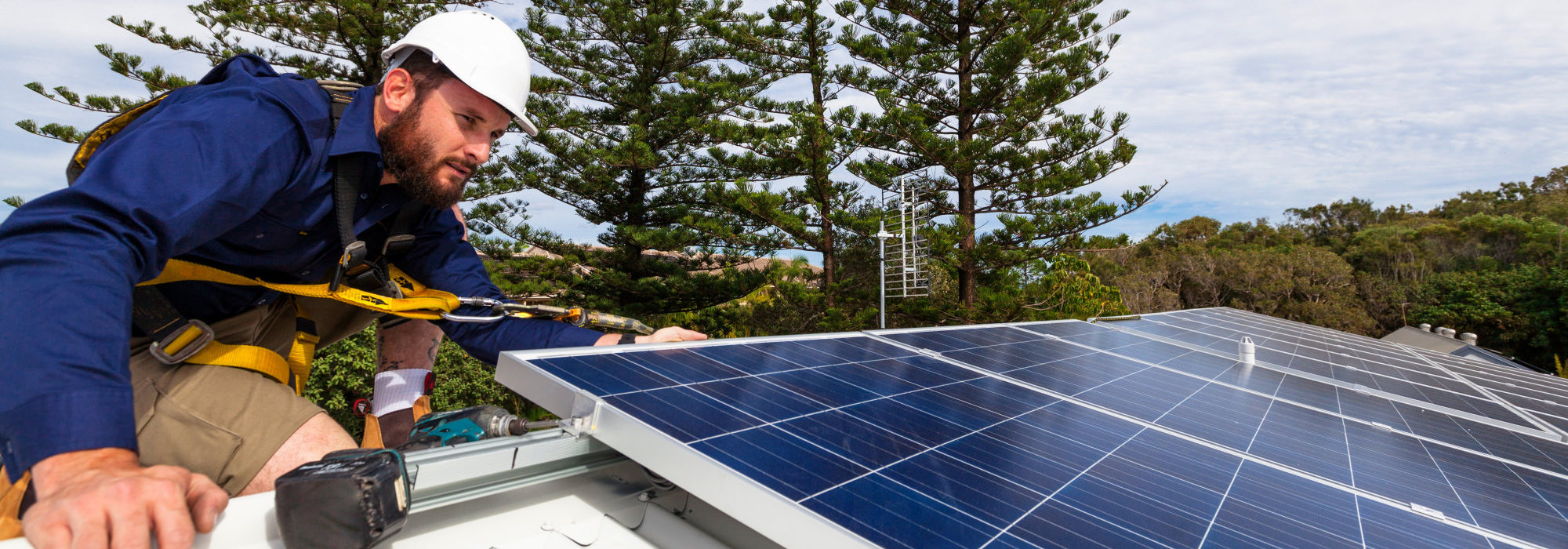 /wp-content/uploads/2021/07/colorado-solar-panel-installation-2000-700.jpg
700
2000
Max Cowles
/wp-content/uploads/2021/06/ecomark-solar-logo-with-panel.png
Max Cowles2021-07-16 16:57:582021-07-21 01:56:43Winter Solar Panel Maintenance Tips
/wp-content/uploads/2021/07/colorado-solar-panel-installation-2000-700.jpg
700
2000
Max Cowles
/wp-content/uploads/2021/06/ecomark-solar-logo-with-panel.png
Max Cowles2021-07-16 16:57:582021-07-21 01:56:43Winter Solar Panel Maintenance Tips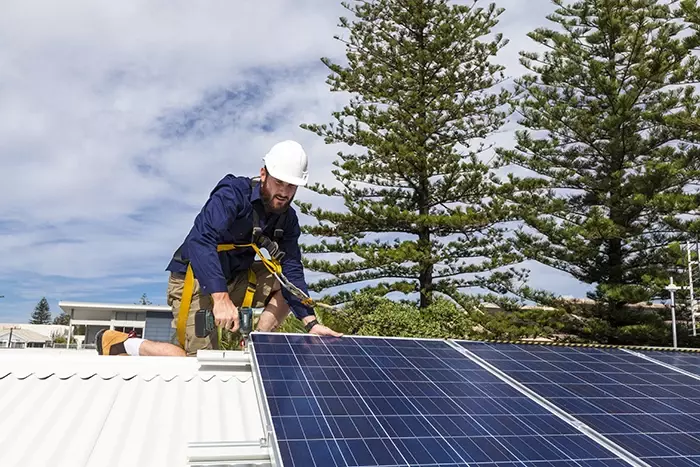 /wp-content/uploads/2021/08/how-solar-panel-installation-works-700x467-1.webp
467
700
Max Cowles
/wp-content/uploads/2021/06/ecomark-solar-logo-with-panel.png
Max Cowles2021-07-16 16:56:042021-08-16 18:48:15What is Net Metering, and How Does it Work?
/wp-content/uploads/2021/08/how-solar-panel-installation-works-700x467-1.webp
467
700
Max Cowles
/wp-content/uploads/2021/06/ecomark-solar-logo-with-panel.png
Max Cowles2021-07-16 16:56:042021-08-16 18:48:15What is Net Metering, and How Does it Work? /wp-content/uploads/2021/07/how-much-does-solar-cost-700467-1.jpg
467
700
Max Cowles
/wp-content/uploads/2021/06/ecomark-solar-logo-with-panel.png
Max Cowles2021-07-16 15:58:452021-07-21 02:30:34What happens when your solar system gets hit by hail?
/wp-content/uploads/2021/07/how-much-does-solar-cost-700467-1.jpg
467
700
Max Cowles
/wp-content/uploads/2021/06/ecomark-solar-logo-with-panel.png
Max Cowles2021-07-16 15:58:452021-07-21 02:30:34What happens when your solar system gets hit by hail?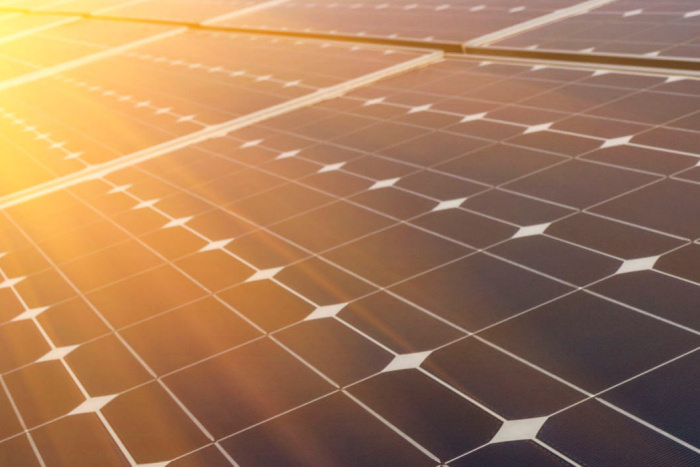 /wp-content/uploads/2021/07/best-solar-panel-installation-products-700467.jpg
467
700
Max Cowles
/wp-content/uploads/2021/06/ecomark-solar-logo-with-panel.png
Max Cowles2021-07-16 15:53:482021-07-21 02:09:17What Are the Financial Incentives for Going Solar?
/wp-content/uploads/2021/07/best-solar-panel-installation-products-700467.jpg
467
700
Max Cowles
/wp-content/uploads/2021/06/ecomark-solar-logo-with-panel.png
Max Cowles2021-07-16 15:53:482021-07-21 02:09:17What Are the Financial Incentives for Going Solar?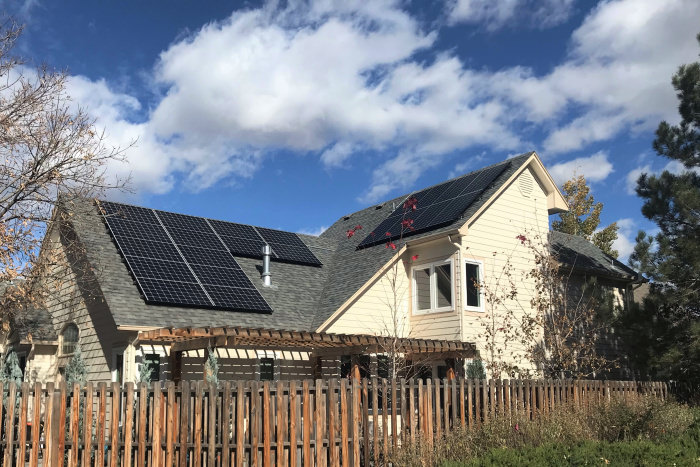 /wp-content/uploads/2021/07/over-3500-installations-in-colorado-700-1.jpg
467
700
Max Cowles
/wp-content/uploads/2021/06/ecomark-solar-logo-with-panel.png
Max Cowles2021-07-16 15:51:492021-07-19 19:42:28What are Micro-Inverters and Optimizers?
/wp-content/uploads/2021/07/over-3500-installations-in-colorado-700-1.jpg
467
700
Max Cowles
/wp-content/uploads/2021/06/ecomark-solar-logo-with-panel.png
Max Cowles2021-07-16 15:51:492021-07-19 19:42:28What are Micro-Inverters and Optimizers?Categories
EcoMark Solar
Corporate Office
4665 Paris Street #300-C
Denver, CO 80239


